Evaluating the Power of Partnerships in Uganda
Building strong partnerships with the people and communities that need help is one key way the Johns Hopkins’ Center for Health Equity fights inequities in health and access to healthcare due to poverty, racism, prejudice, lack of knowledge and similar causes. This past summer, members of the Center’s staff travelled to Kampala, Uganda to work with personnel from Baylor-Uganda and Makerere University on evaluating the performance of partnerships seeking to improve health outcomes for local HIV-affected populations.
The visit focused on “Community Advisory Boards” (CABs): groups of academic and clinical experts teamed with local stakeholders who understand the specific barriers facing at risk communities and can offer practical solutions to overcome them. Working with groups like this is a core principle in the Center’s approach to promoting health equity.
During the week-long visit, the Center’s Program Director, Nancy Molello and graduate student, M. Strickland facilitated a series of human-centered design sessions to explore the operations and impacts of three Ugandan Community Advisory Boards. The goal of the design sessions was to develop some general methods for understanding, guiding, and measuring the success of CABs.
One of the CABs studied is coordinated by Baylor-Uganda and focuses on addressing the social stigma and prejudices that prevent sex workers, members of the LGBTQ community, or HIV+ persons from achieving optimal health.
A second CAB that participated in the design sessions was Young Generation Alive. This CAB was founded in 2005 by a group of young HIV patients to help other teens overcome the depression and fear that often accompany an HIV diagnosis. This CAB seeks to inspire and empower HIV+ teens so they can still lead fulfilling lives despite their ongoing health challenges.
The third CAB the team met with ensures that children impacted by HIV are provided with psychological and social counseling that is appropriate for their age and development.
VALUABLE OUTCOMES
The team’s efforts resulted in the creation of a prototype toolkit in three parts to provide guidance to groups working with Community Advisory Boards. The first module of the toolkit focuses on capacity building, with information on how to design, form, and govern a CAB. The second module addresses the roles that CABs play in developing budgets and work plans for health equity interventions. A third module provides guidance on how CABs should best conduct community outreach and disseminate research information. Each section of the toolkit includes performance checklists to assist with evaluating the various components of a CAB and its partnerships.
“Our vision for the toolkit is for the local and global partners to create what they would find useful,” says team leader Nancy Molello. “In the future, we will test this toolkit in a larger and more diverse group of academic/community partnerships to obtain additional information about its acceptability and effectiveness”. Stay tuned for more updates on the Center’s work with Community Advisory Boards.
The Center’s Local Global Learning team members for the Uganda trip included Rev. Debra Hickman and Randi Woods from Sisters Together and Reaching (STAR), Nancy Molello, who facilitated the HDC sessions, and Tatiana Warren Jones, a community board member from the Johns Hopkins Center for Health Disparities Solutions, and M. Strickland, a graduate student at Maryland Institute College of Art (MICA). Ugandan colleagues include Adeodata Kekitiinwa, Baylor College of Medicine Children’s Foundation-Uganda and Cissy Ssuuna, Community Educator Baylor-Uganda; Dr. Rhodah Wanyenze, Dean, Makerere University School of Public Health.
To learn more about the toolkit prototypes developed during this trip to Uganda, please contact Nancy Molello at nedward7@jhmi.edu.
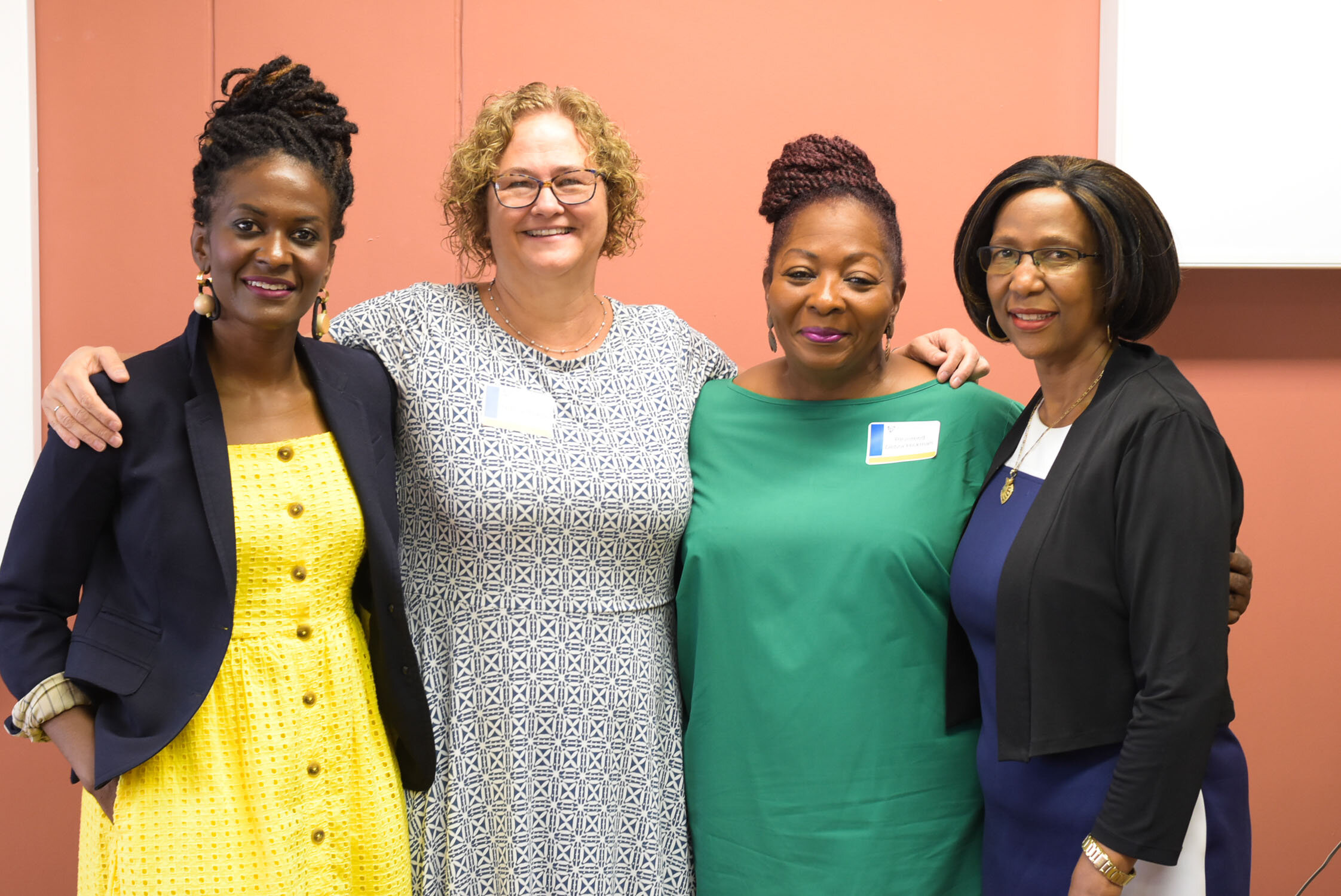
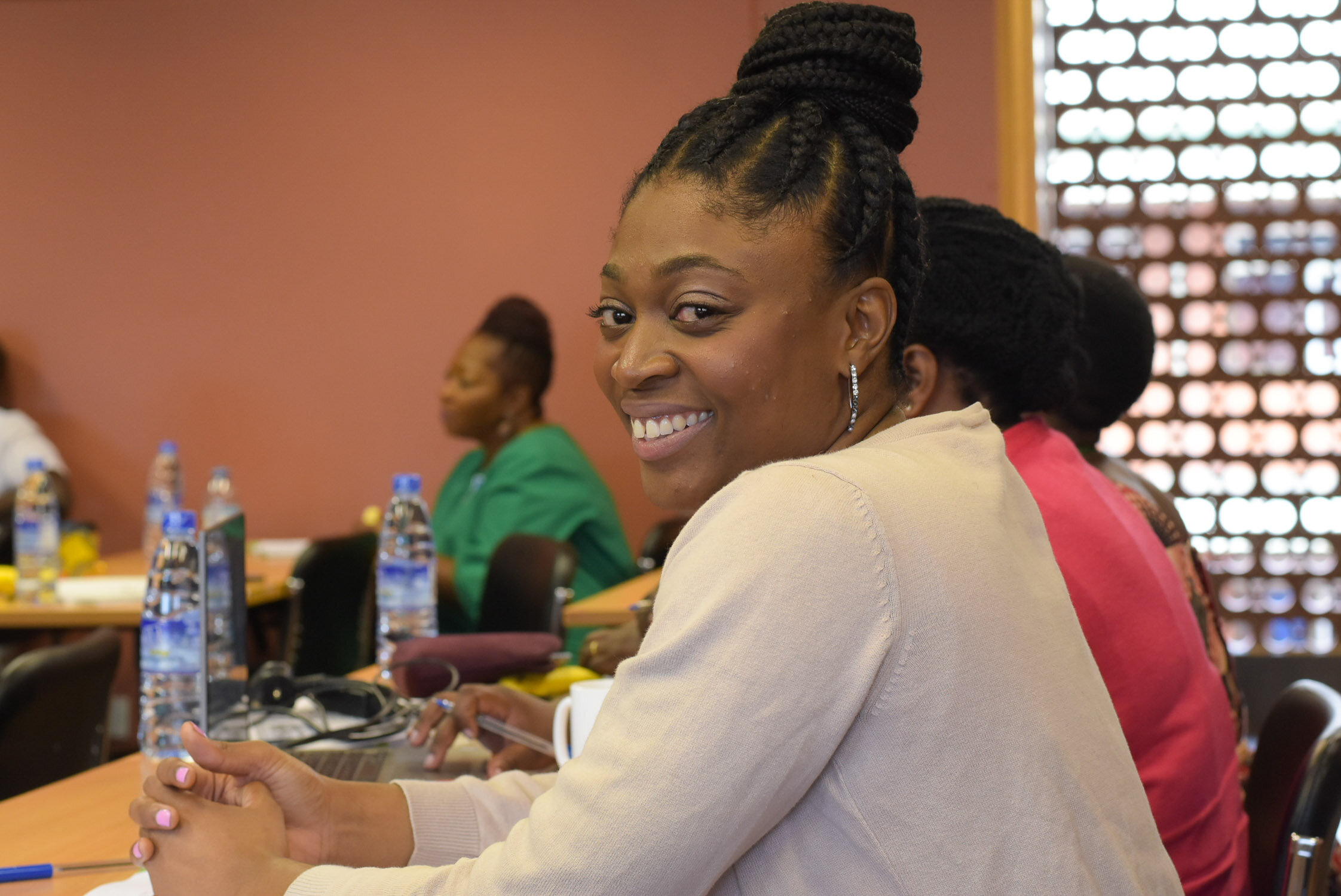
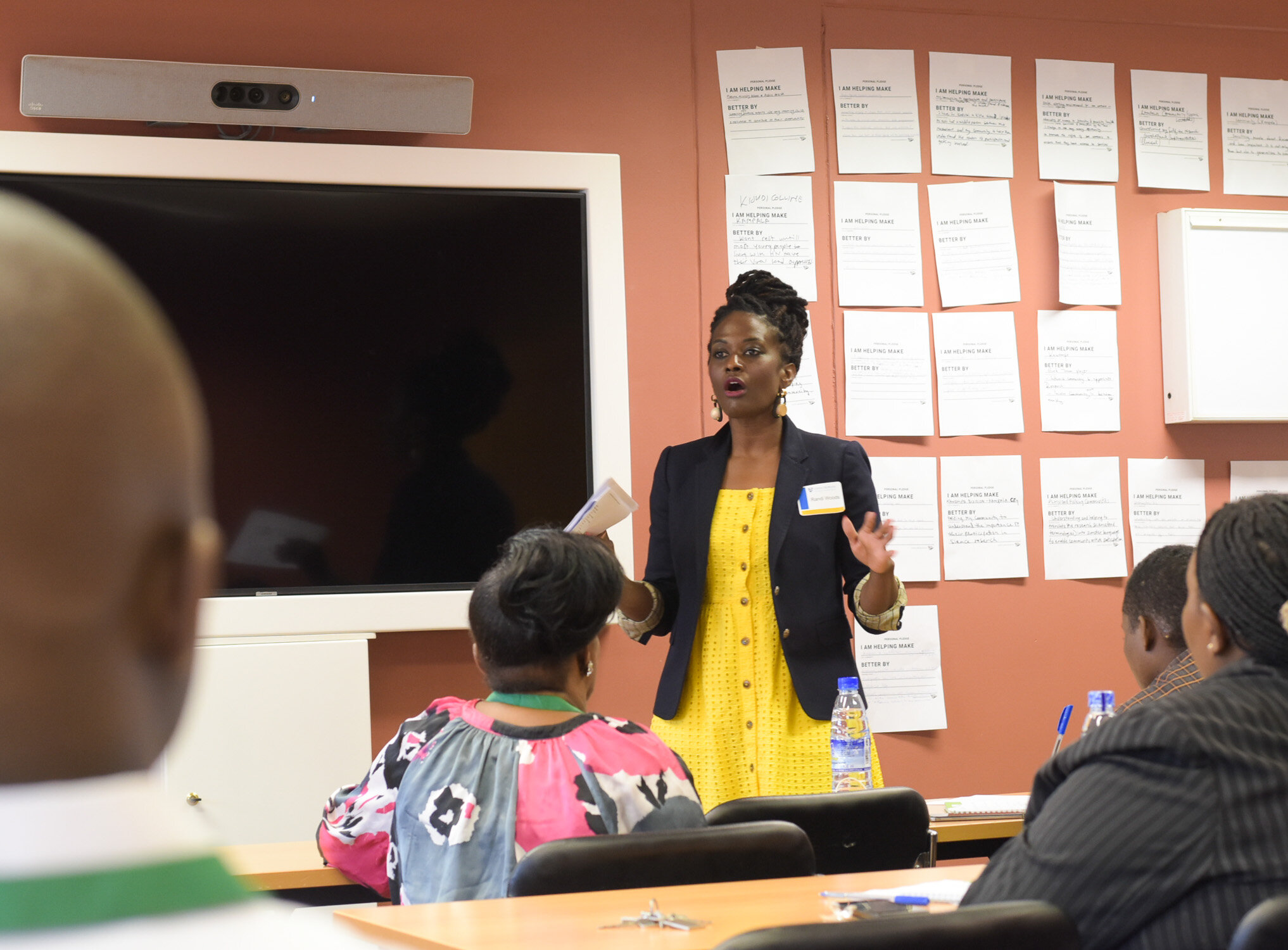
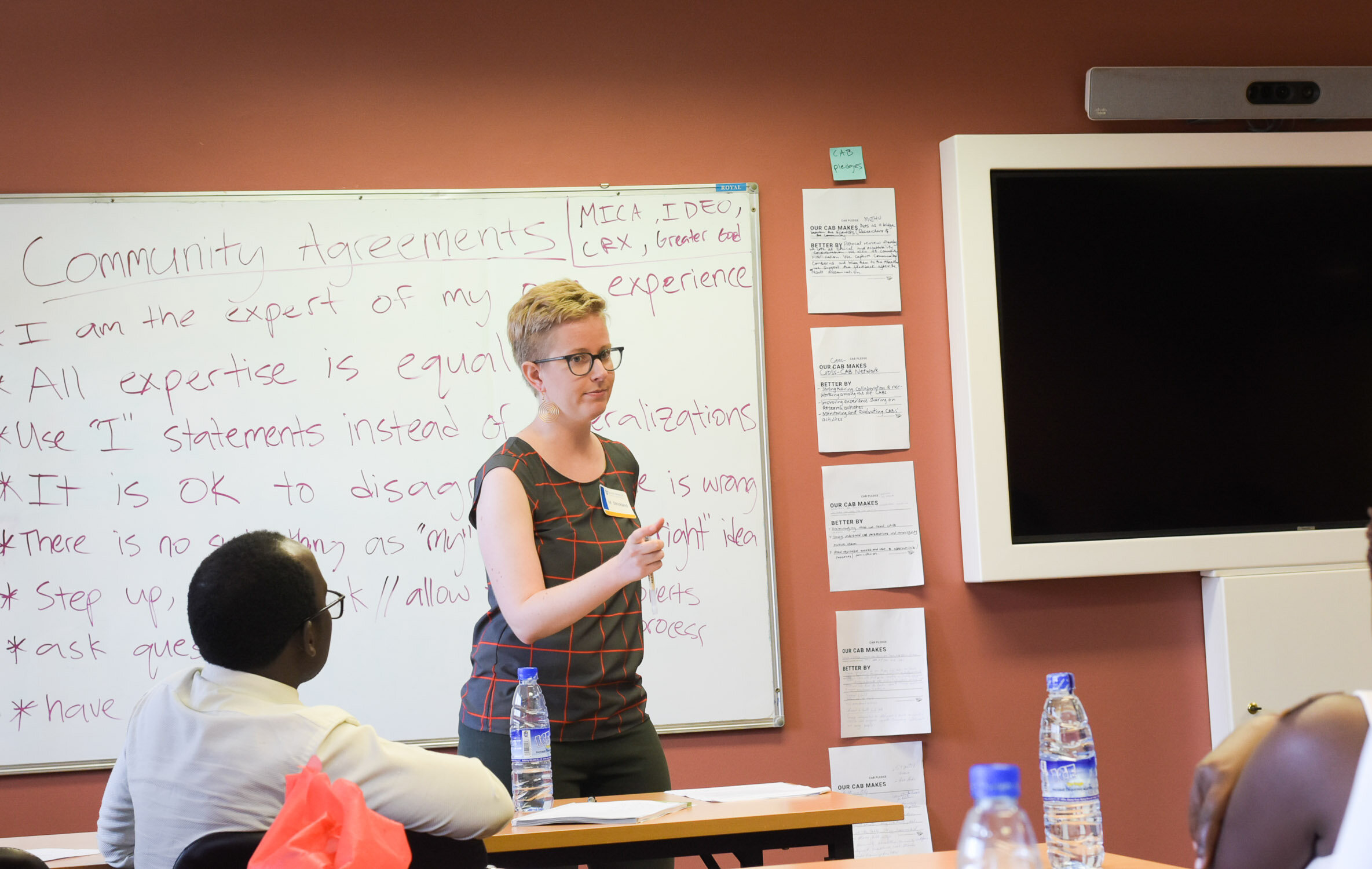
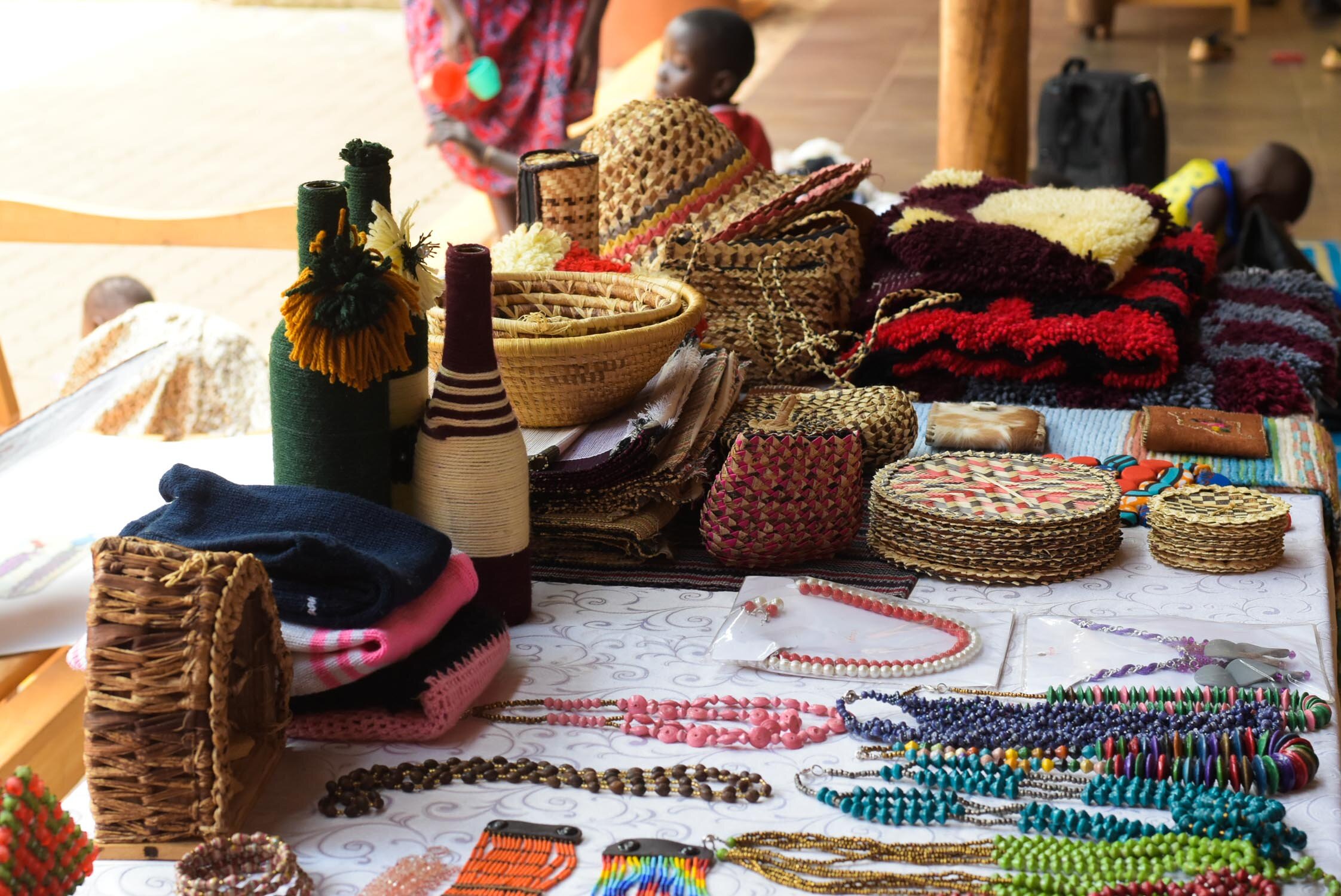
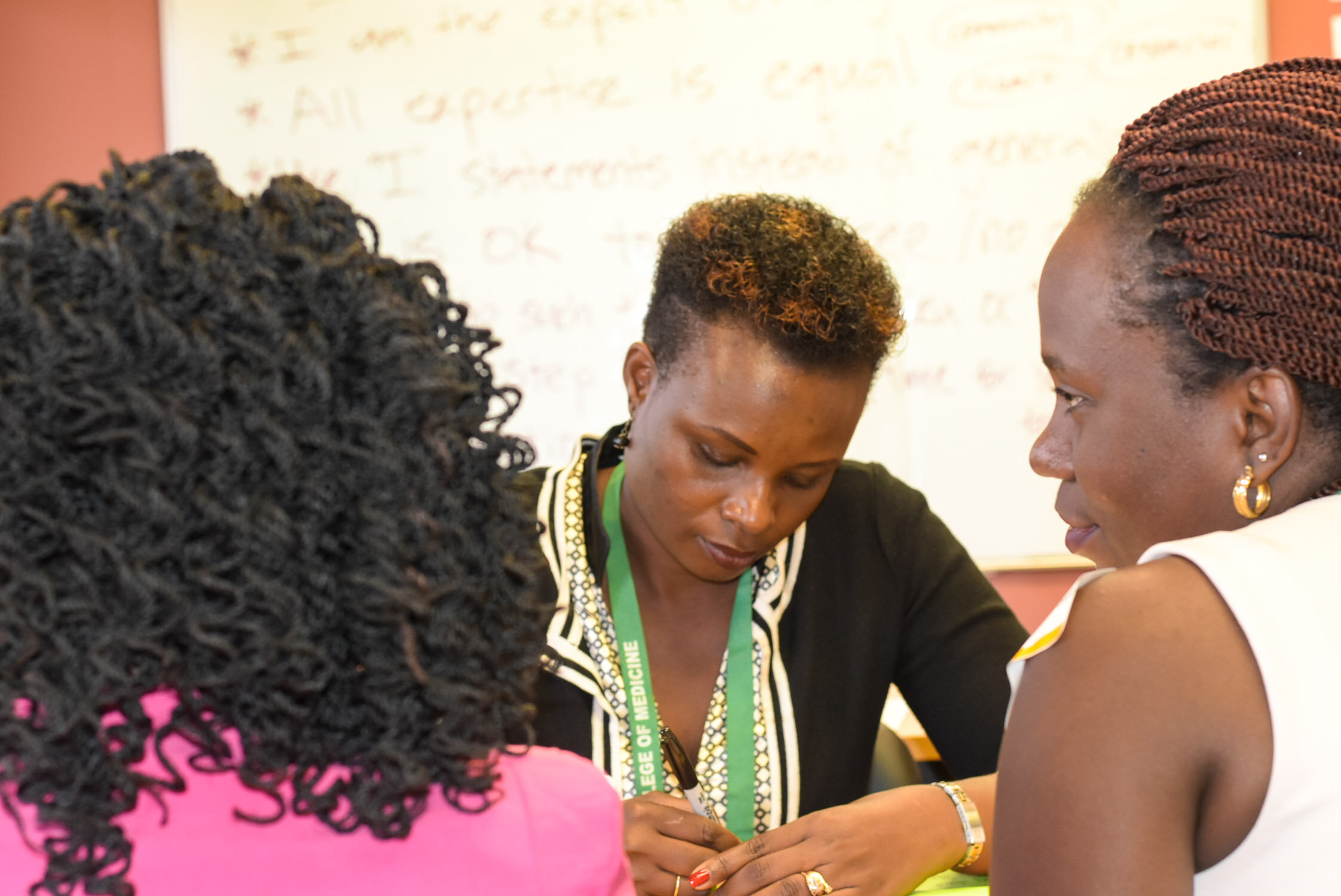
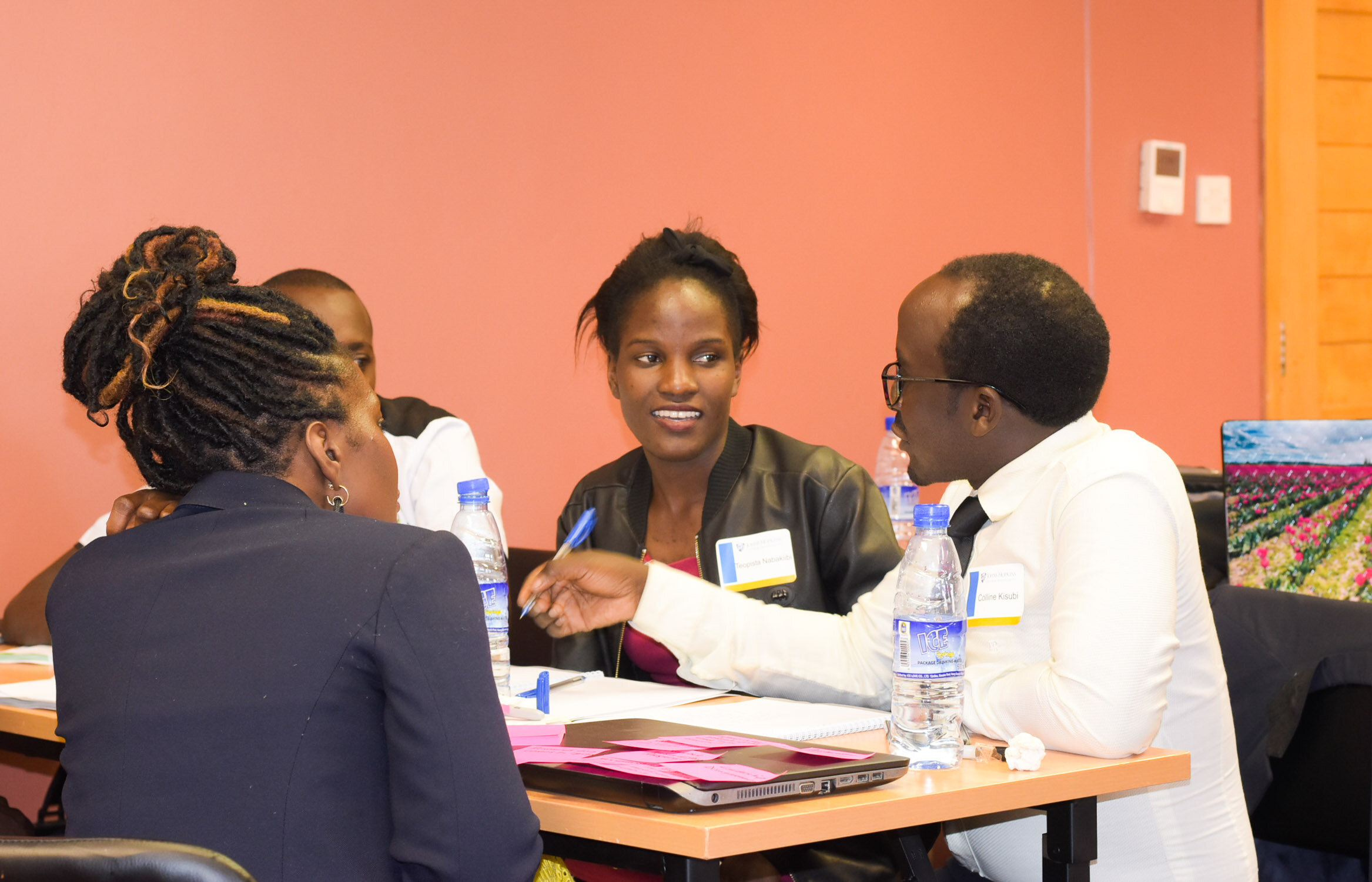
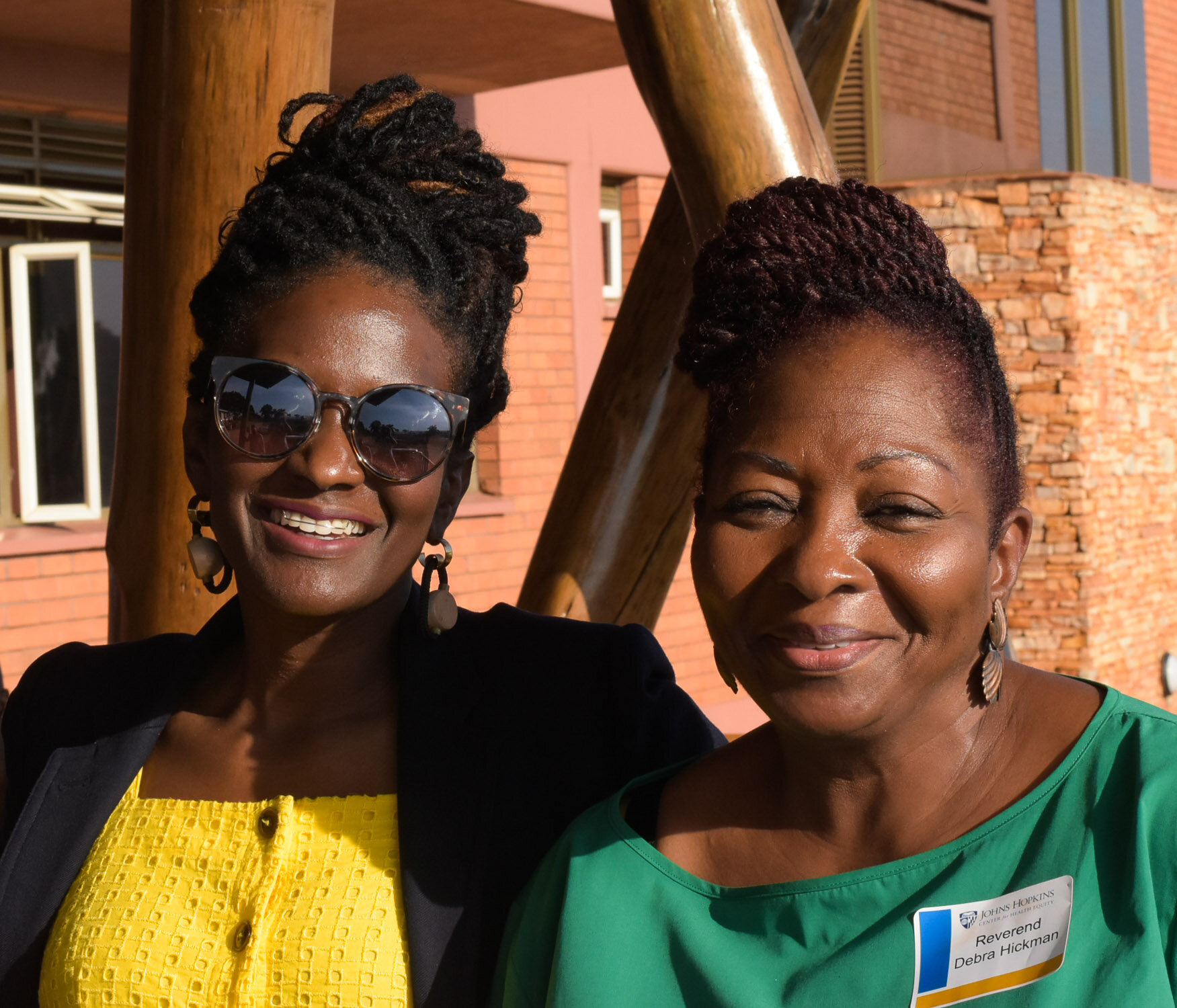
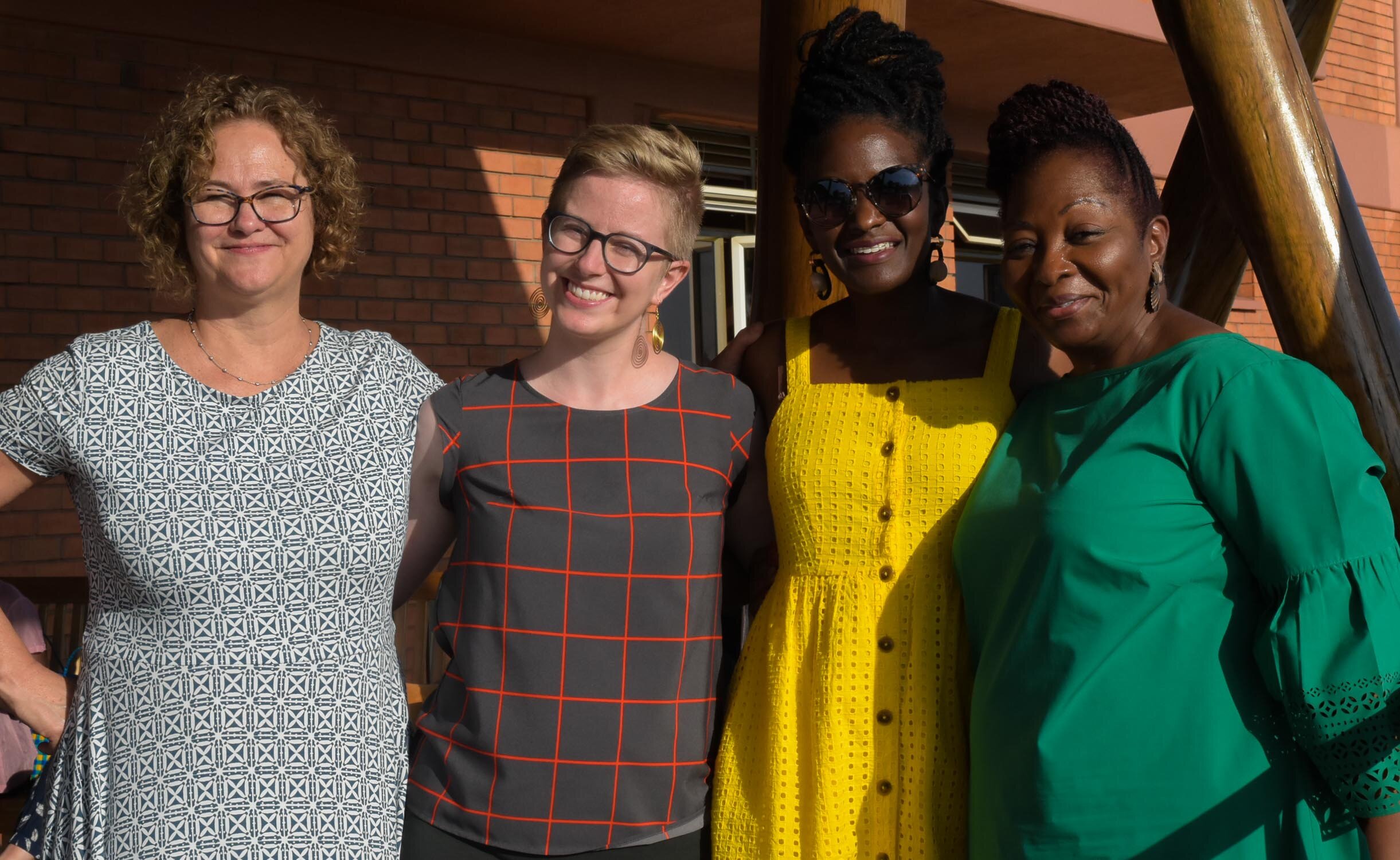
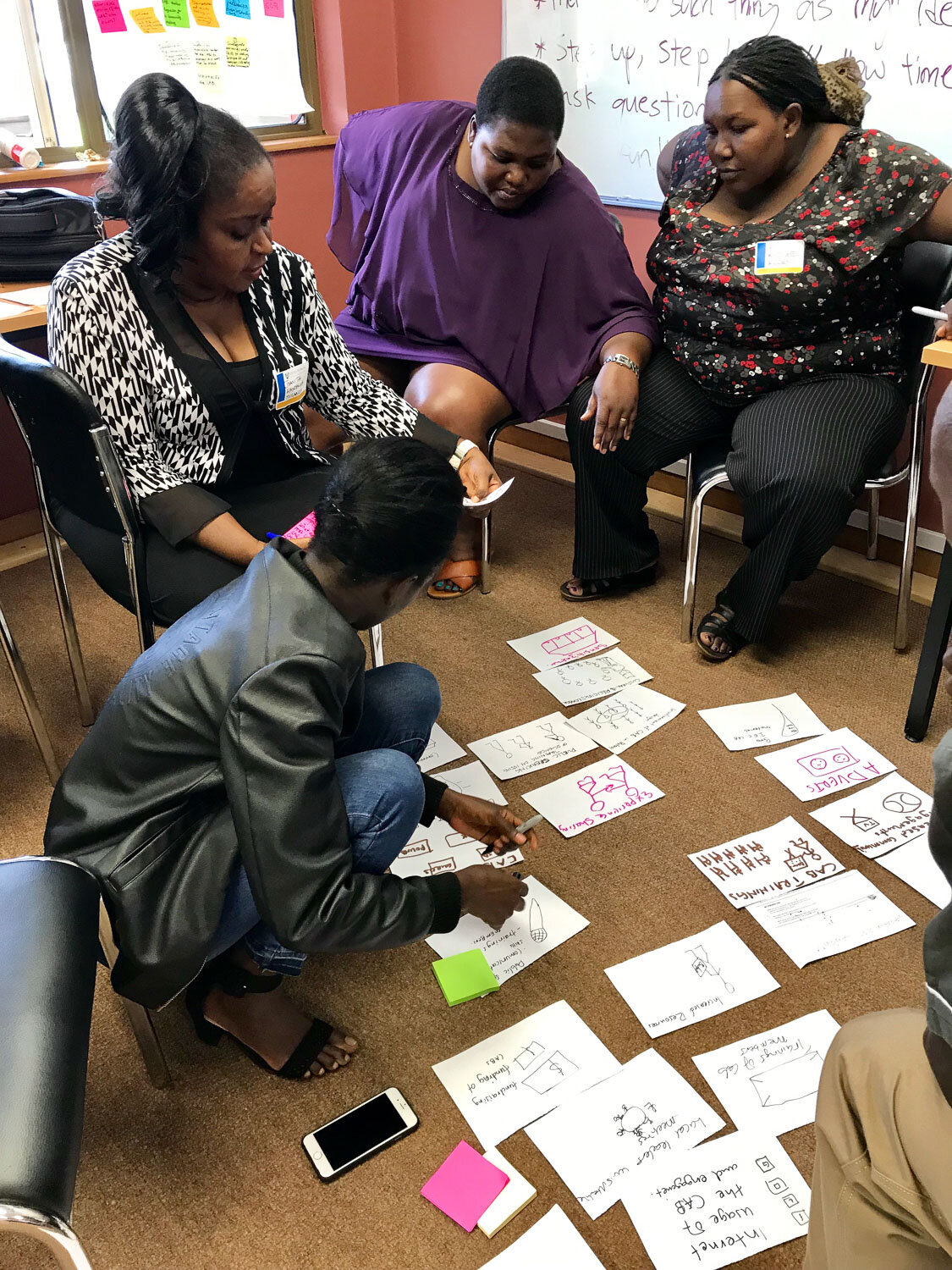
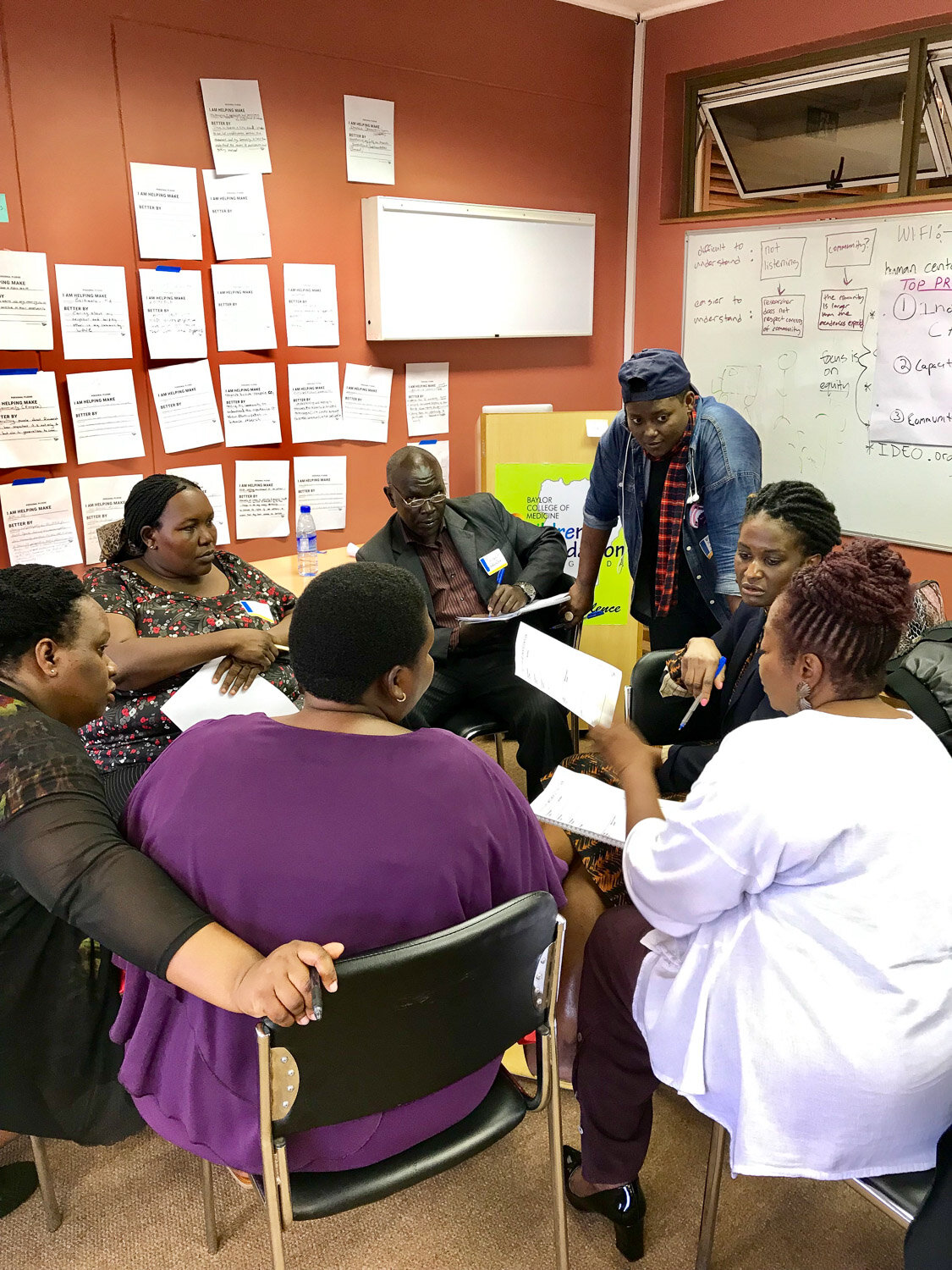
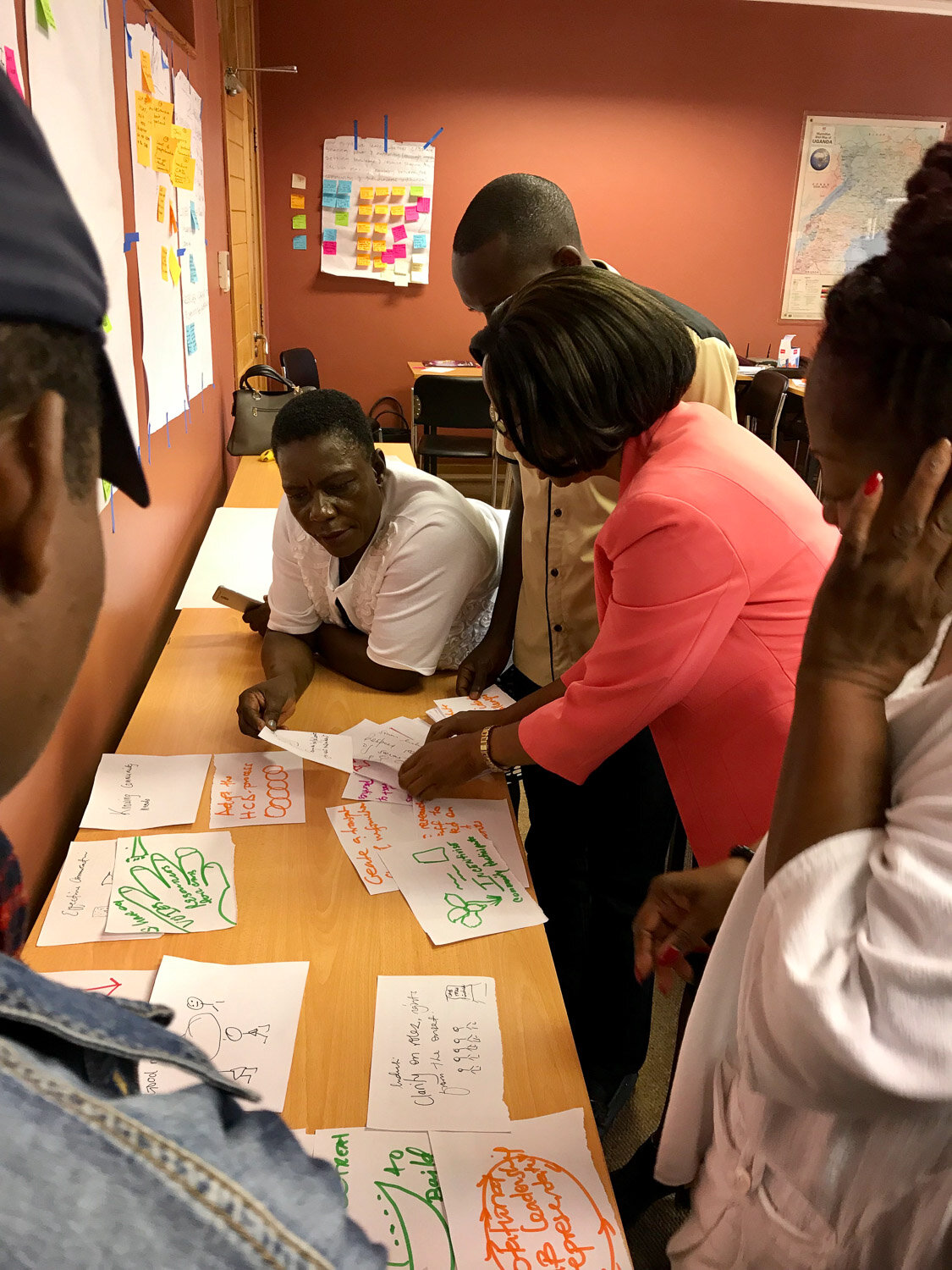
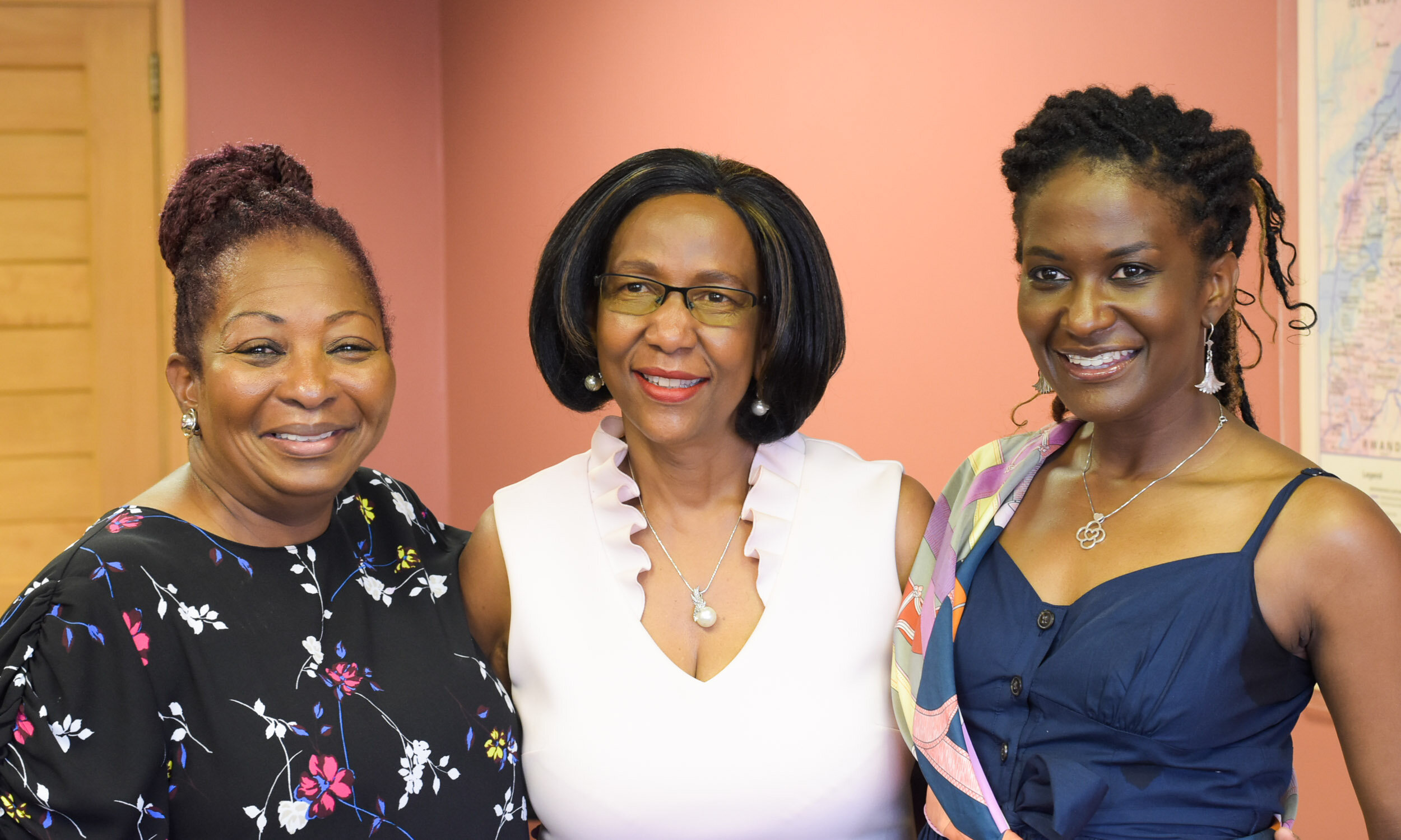
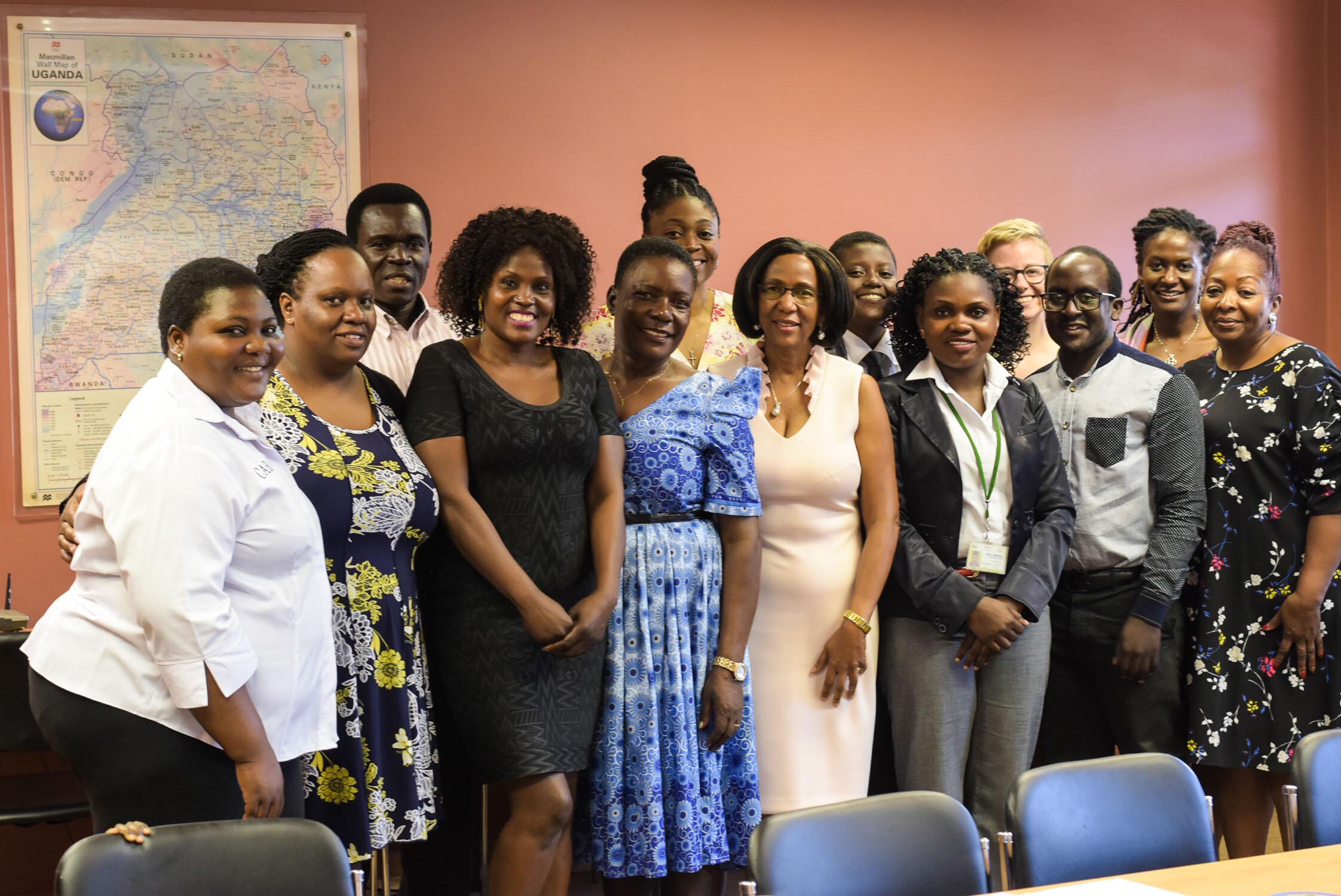
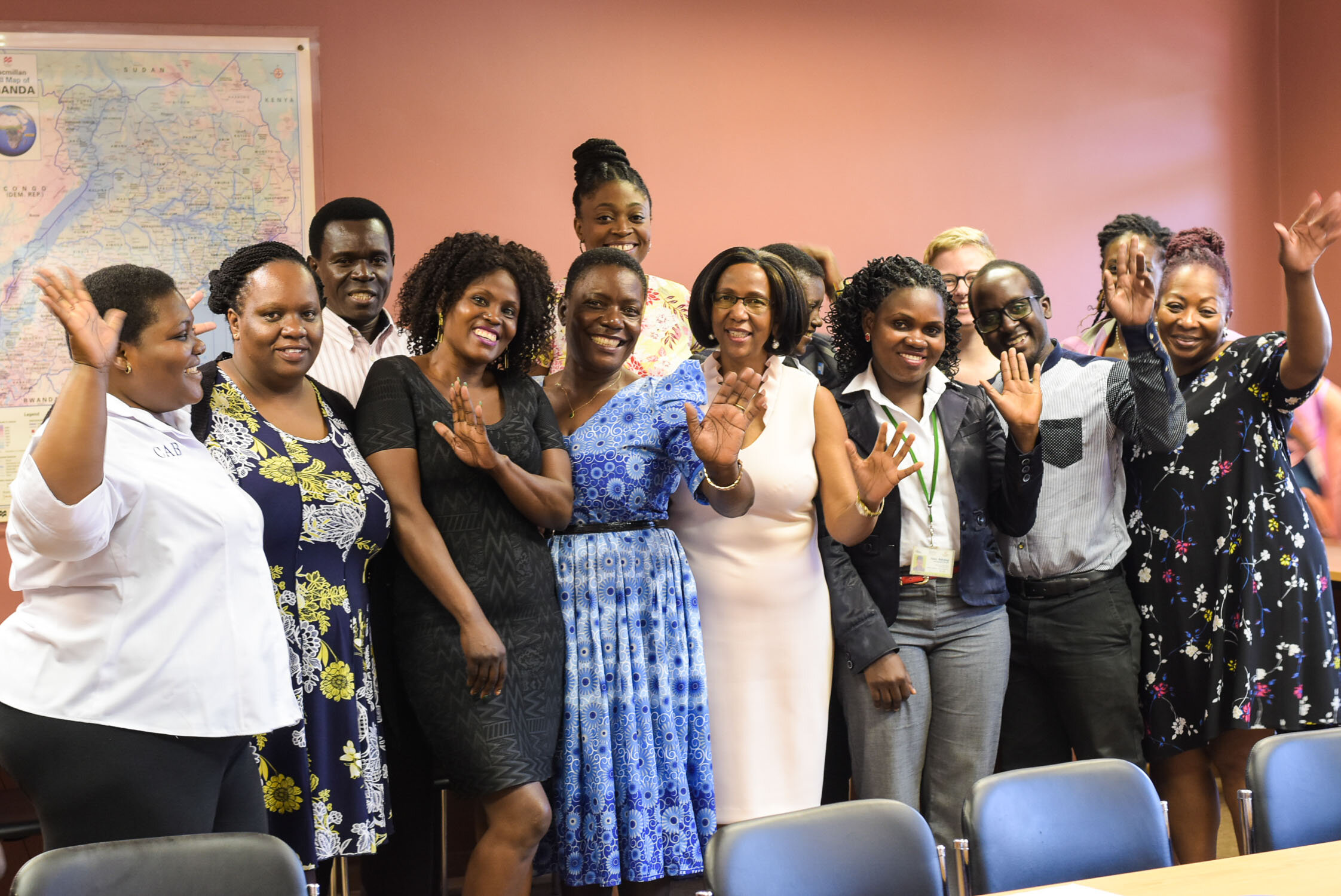
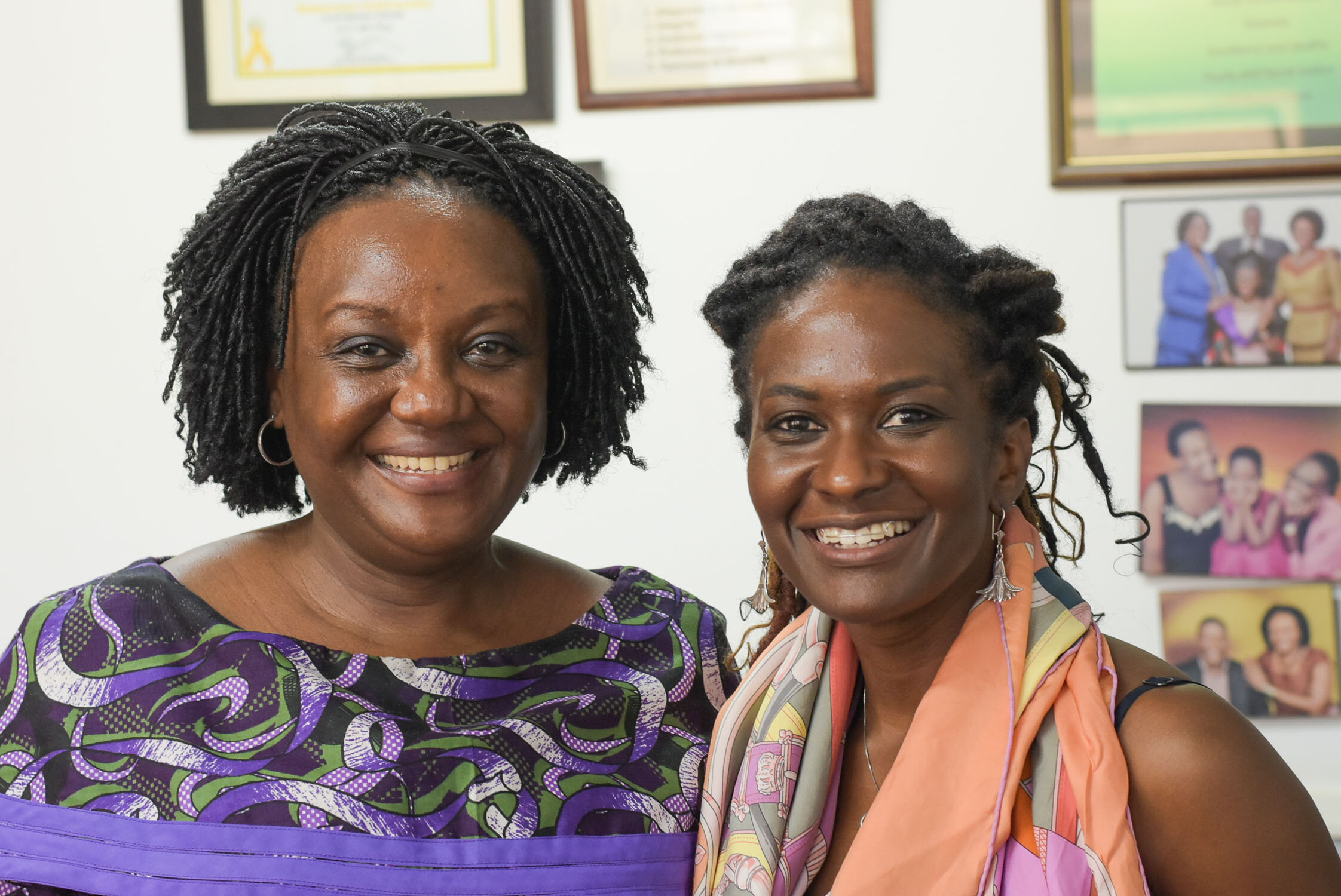
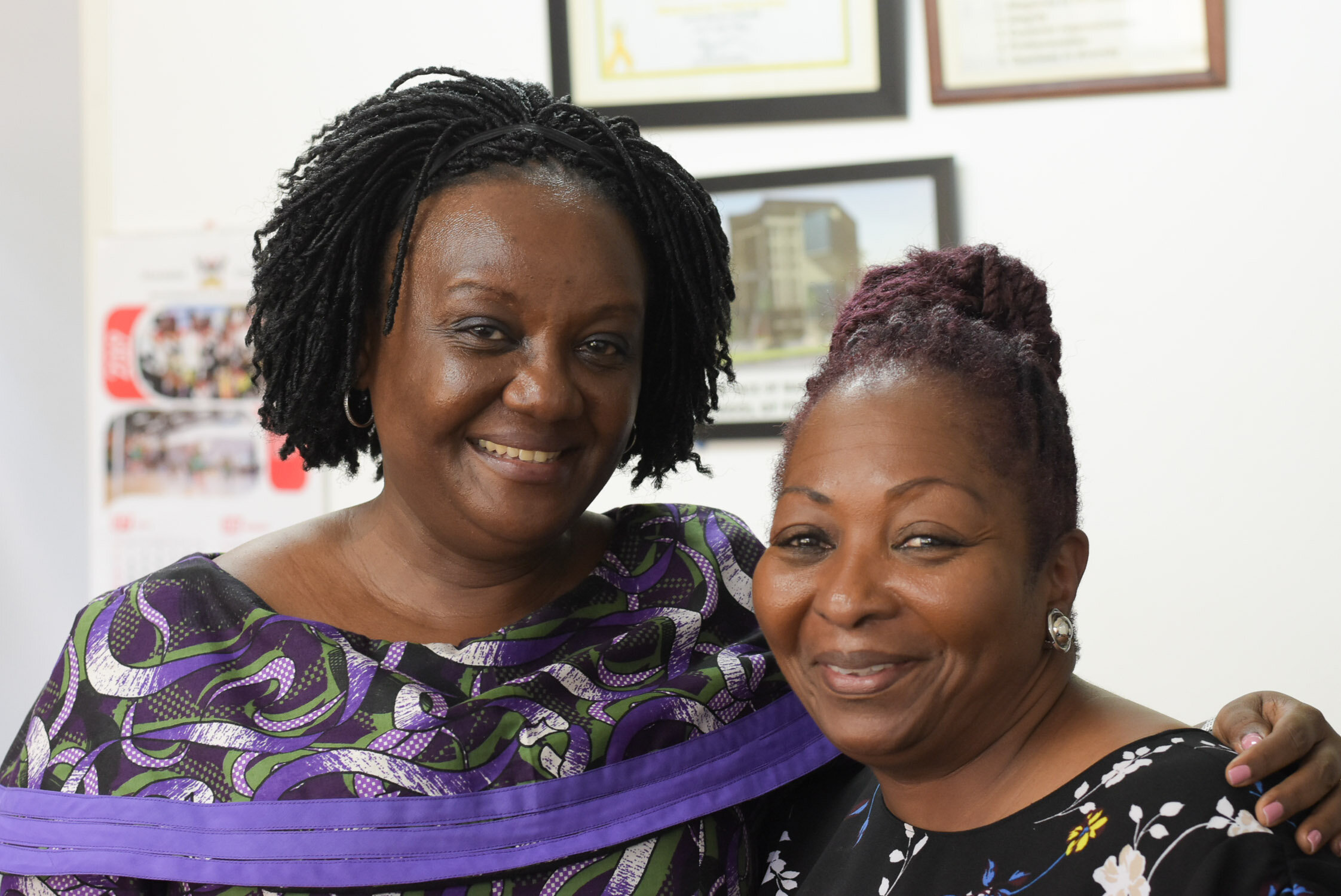
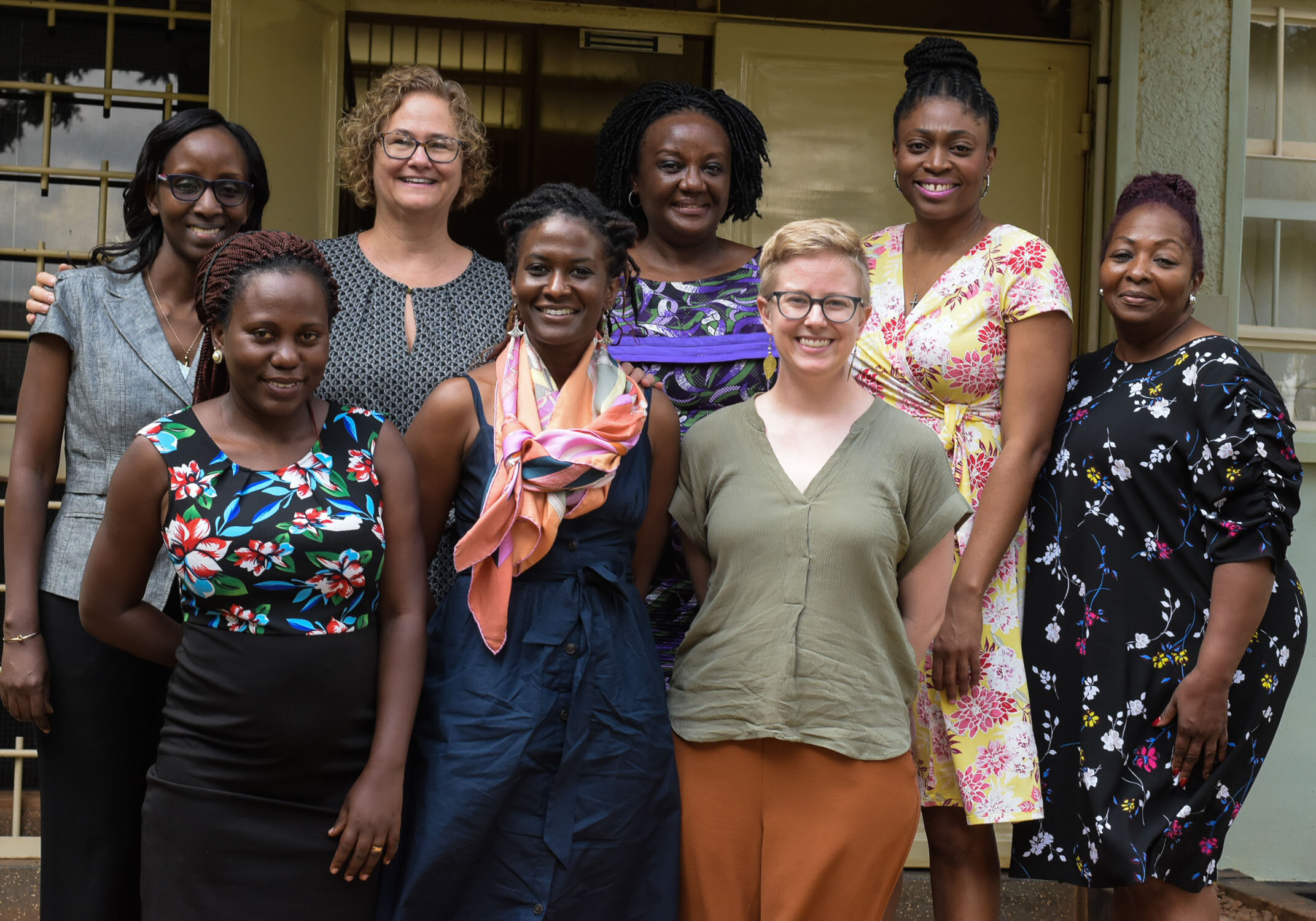
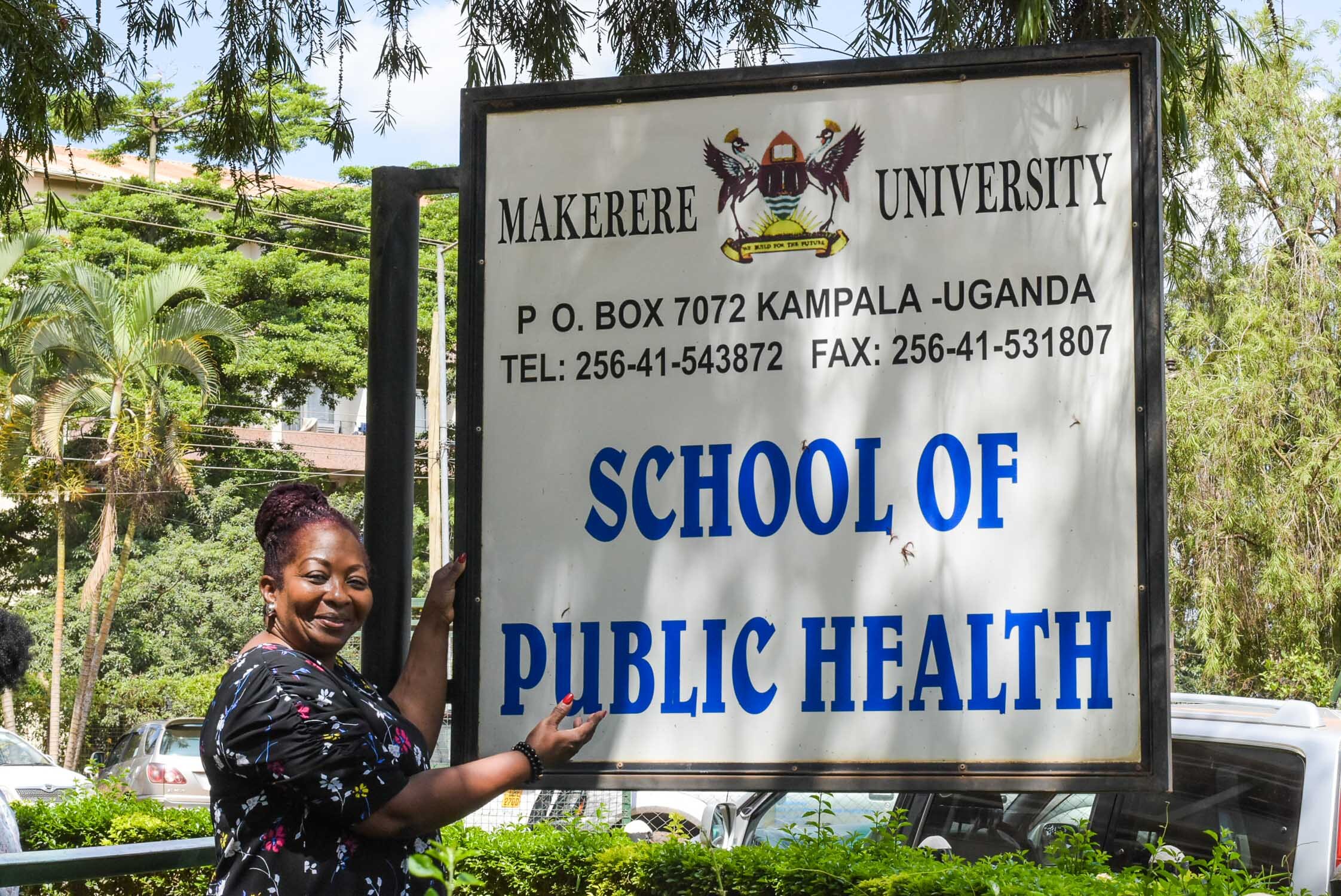
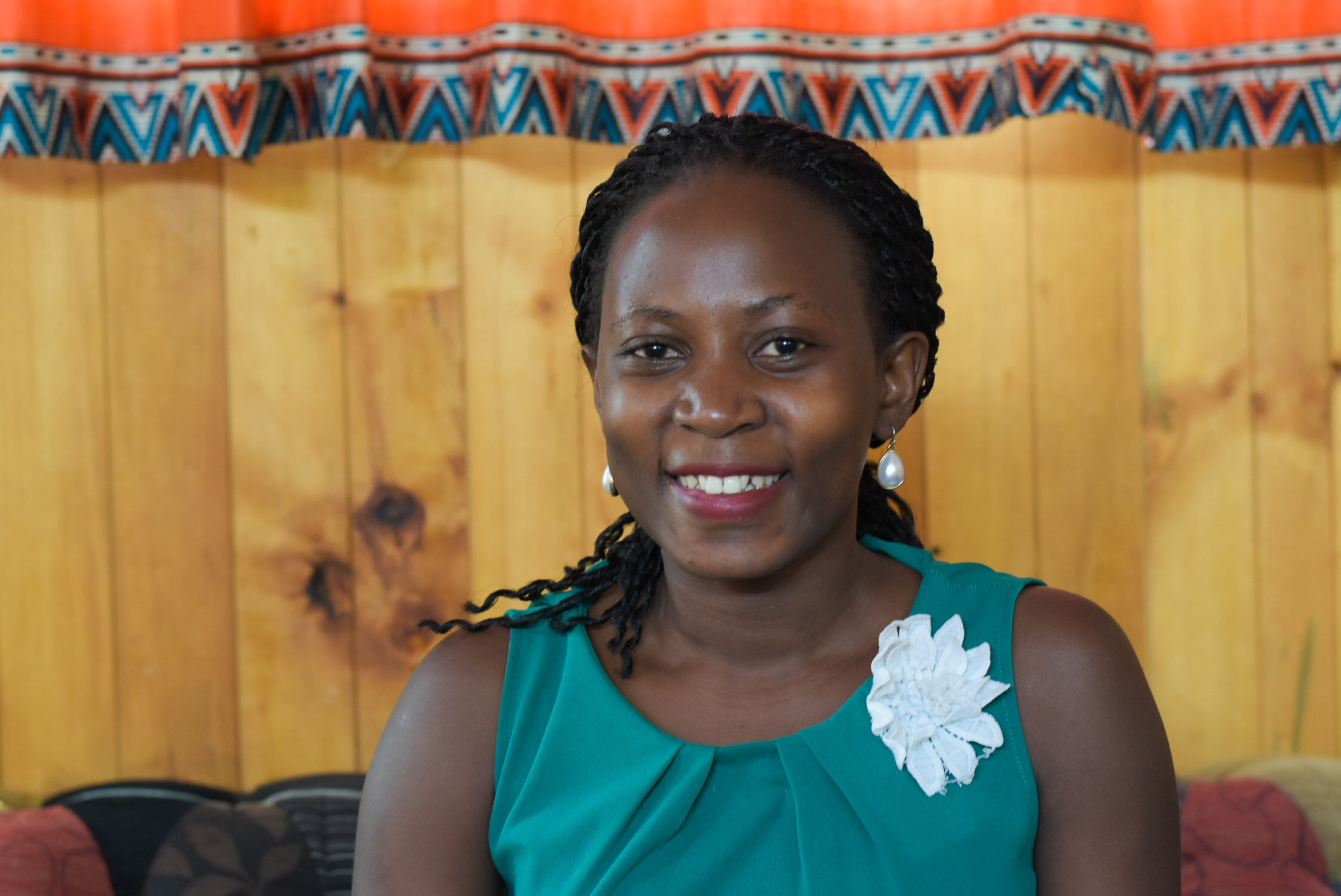
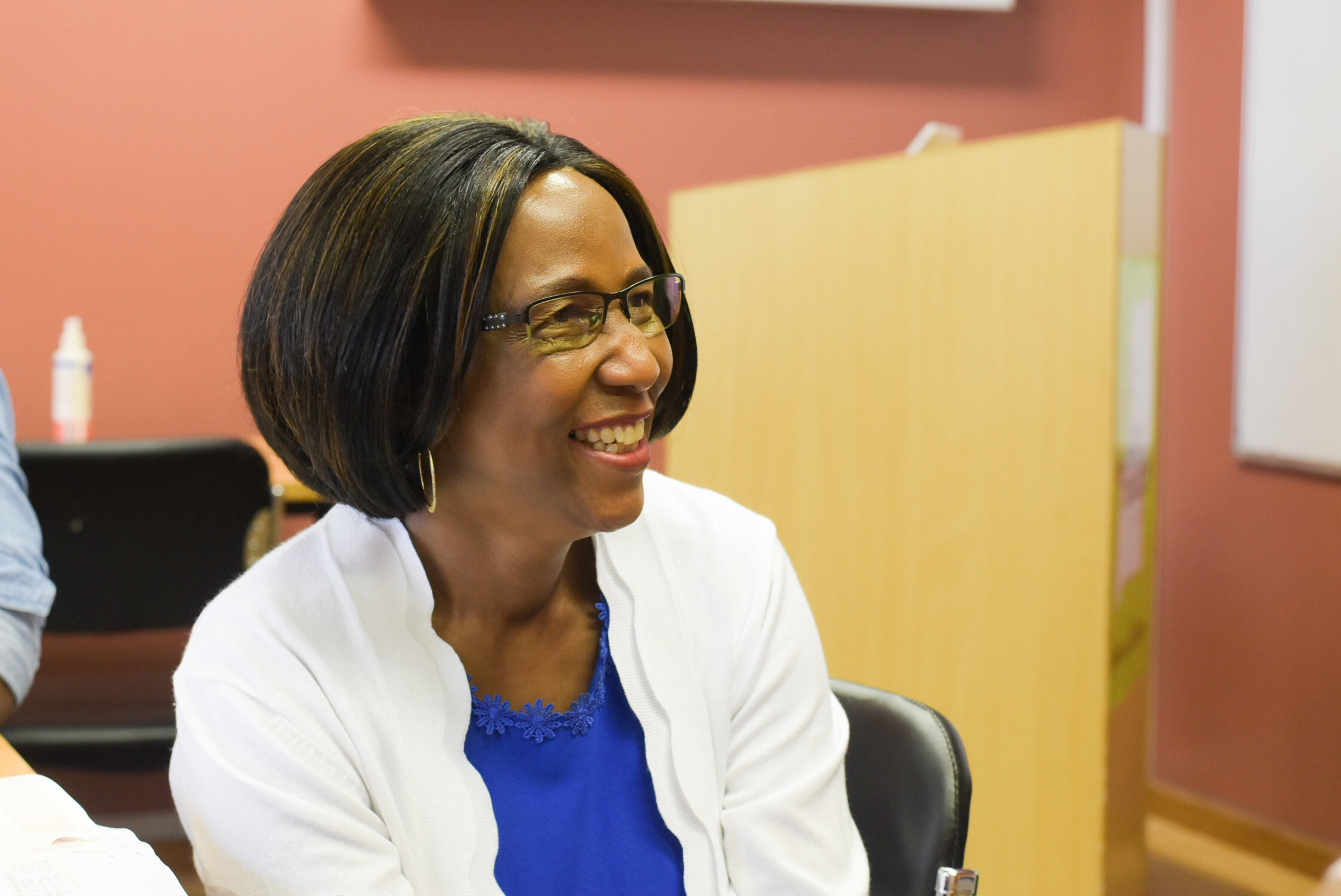
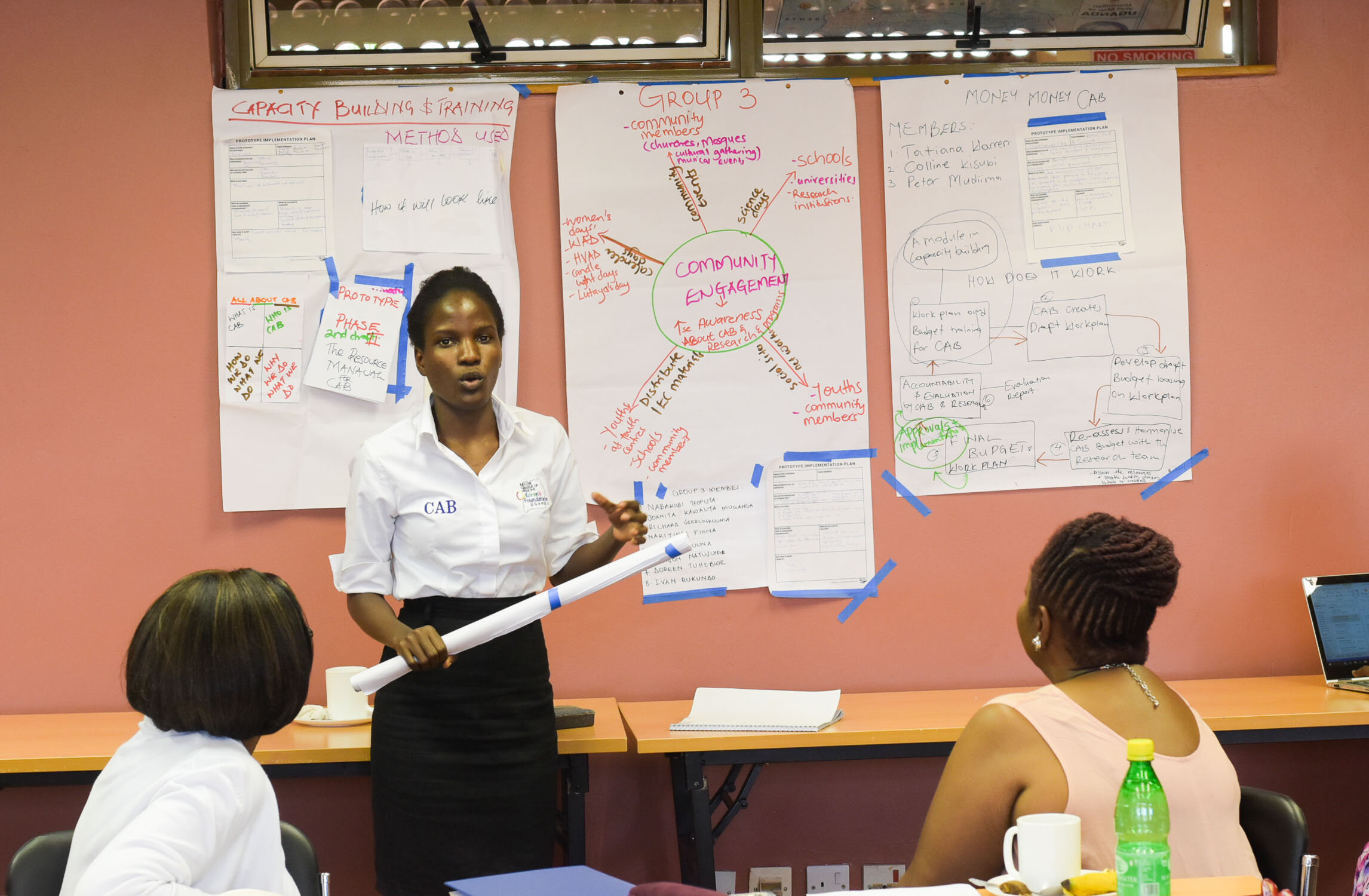
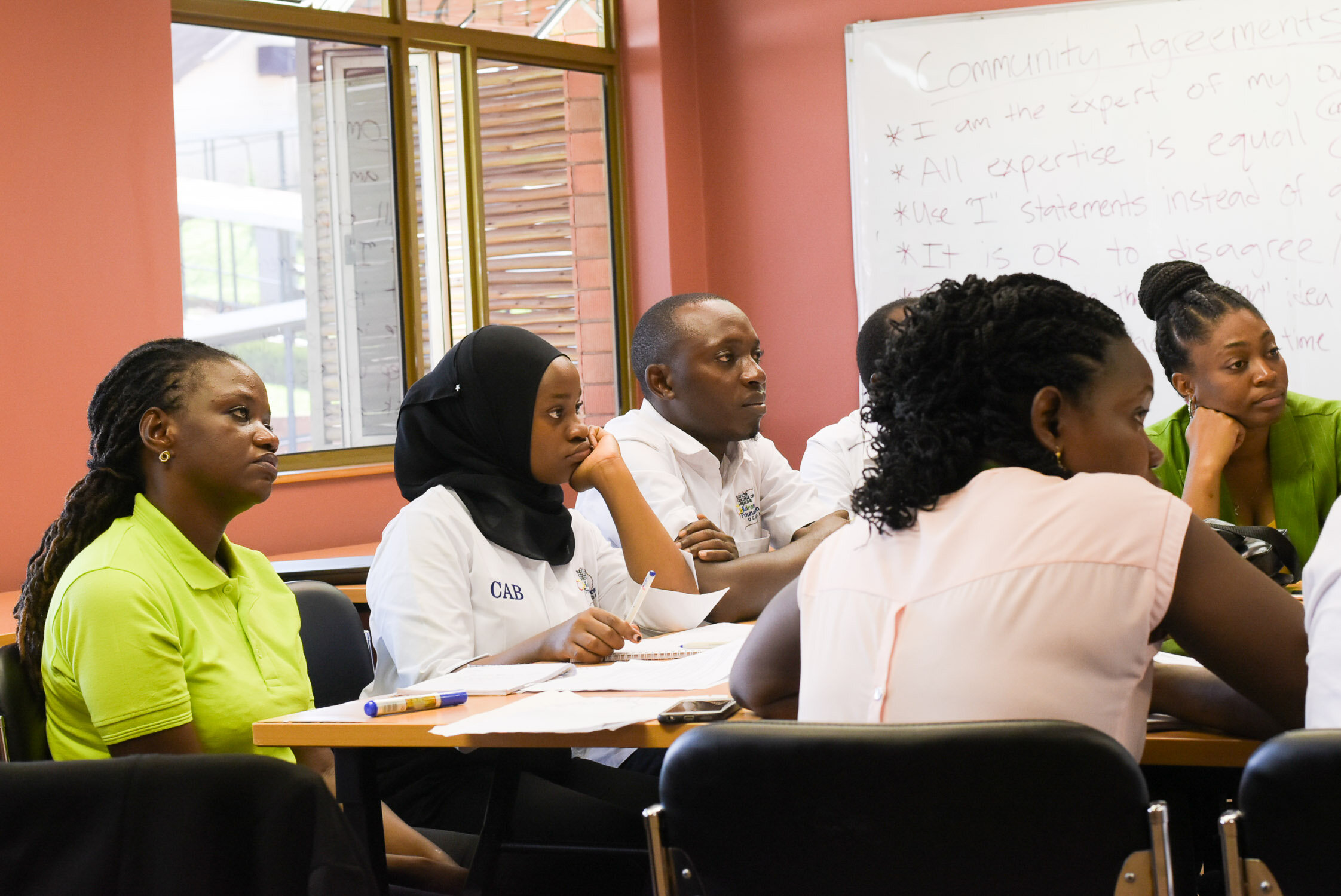
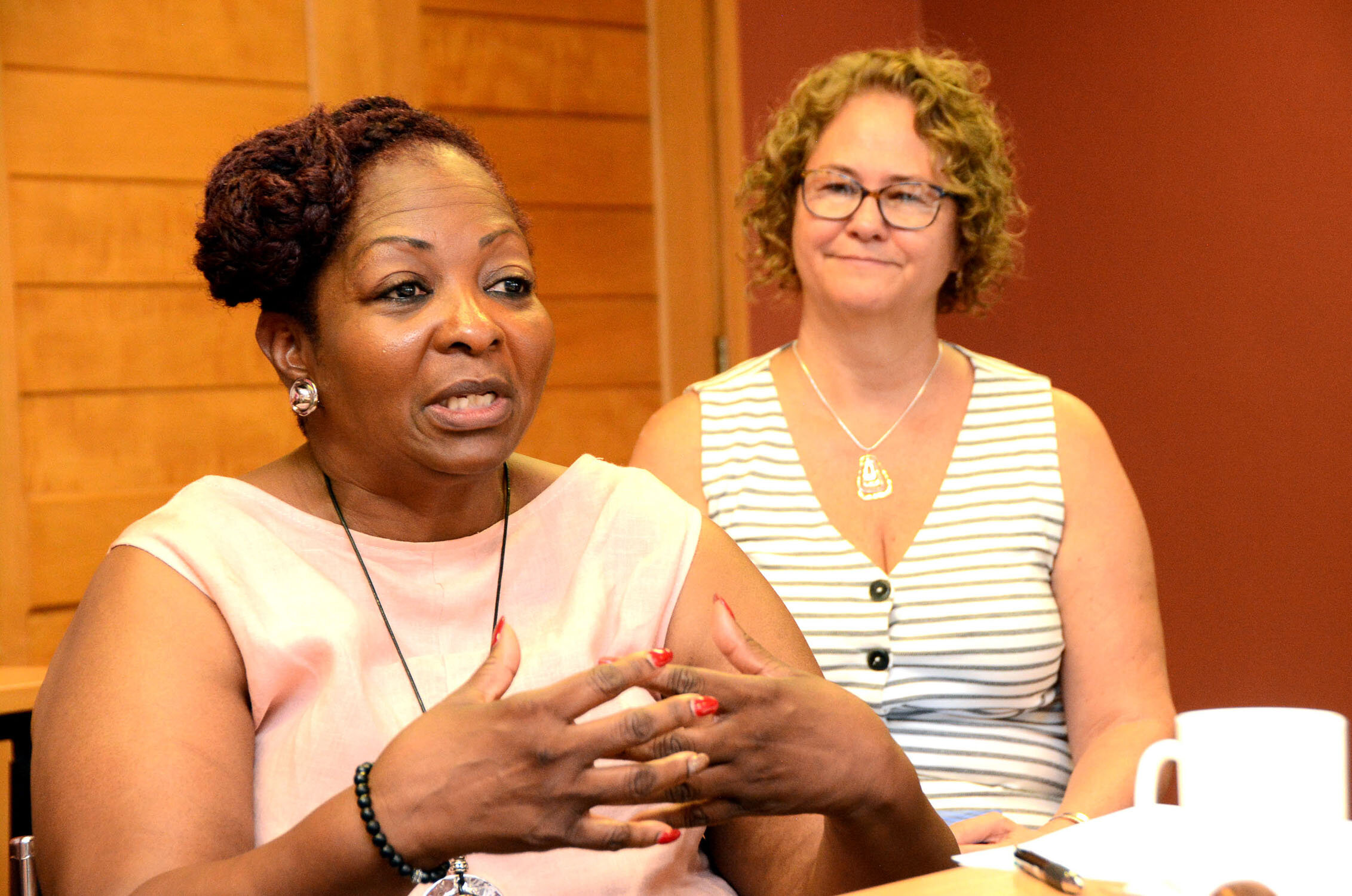
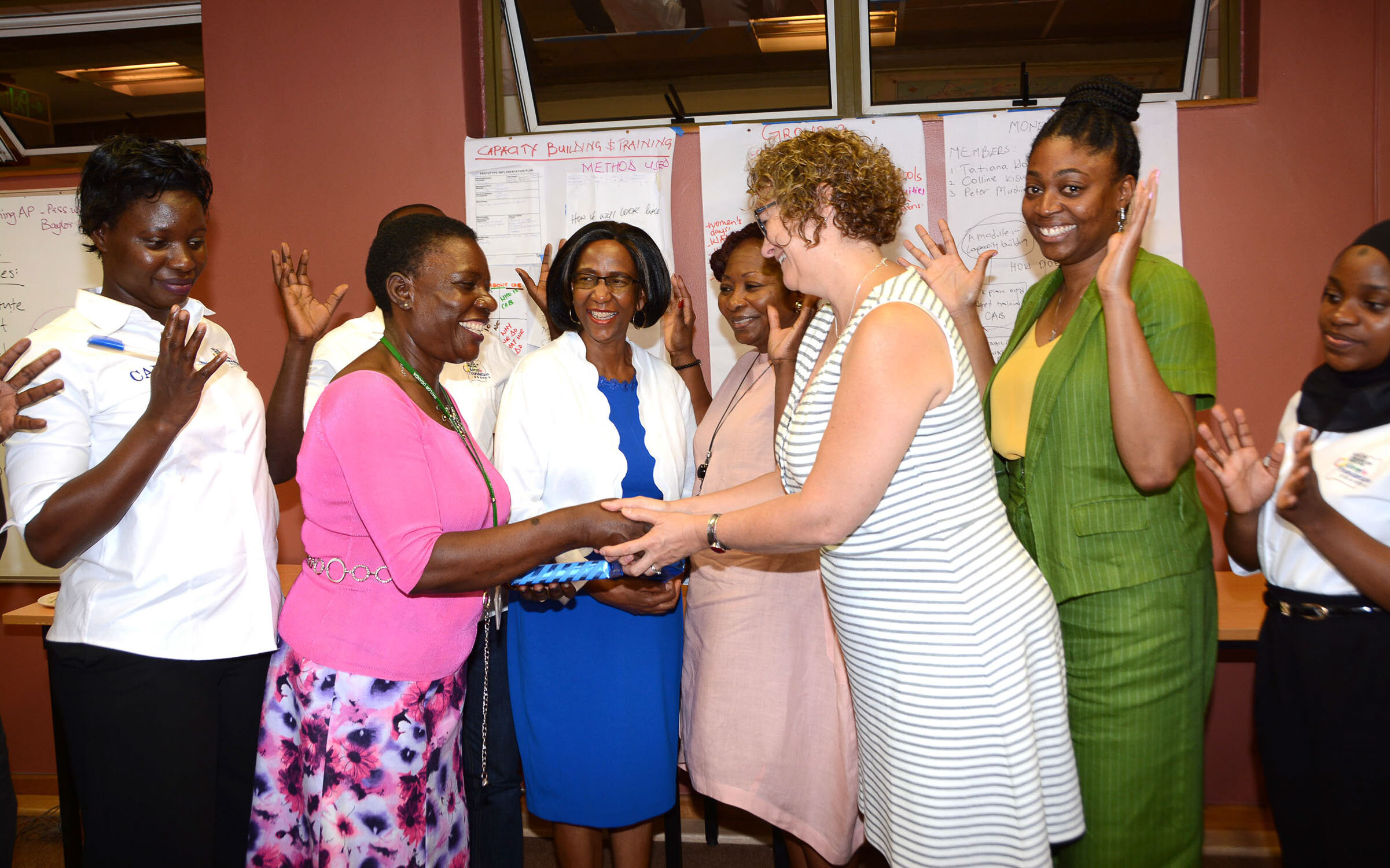
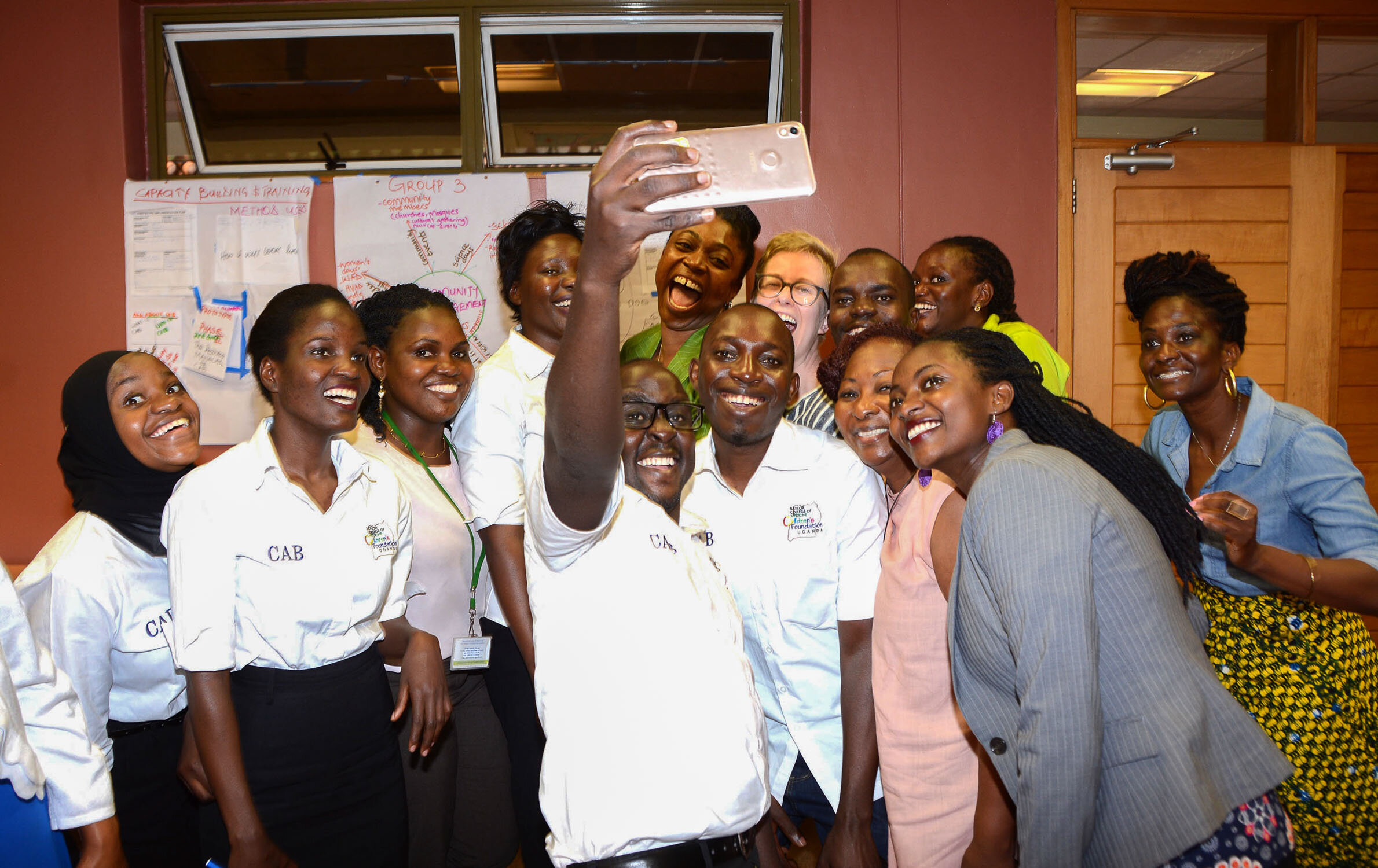
FURTHER RESOURCES
Stories, images, and news about Community Academic Partnerships
